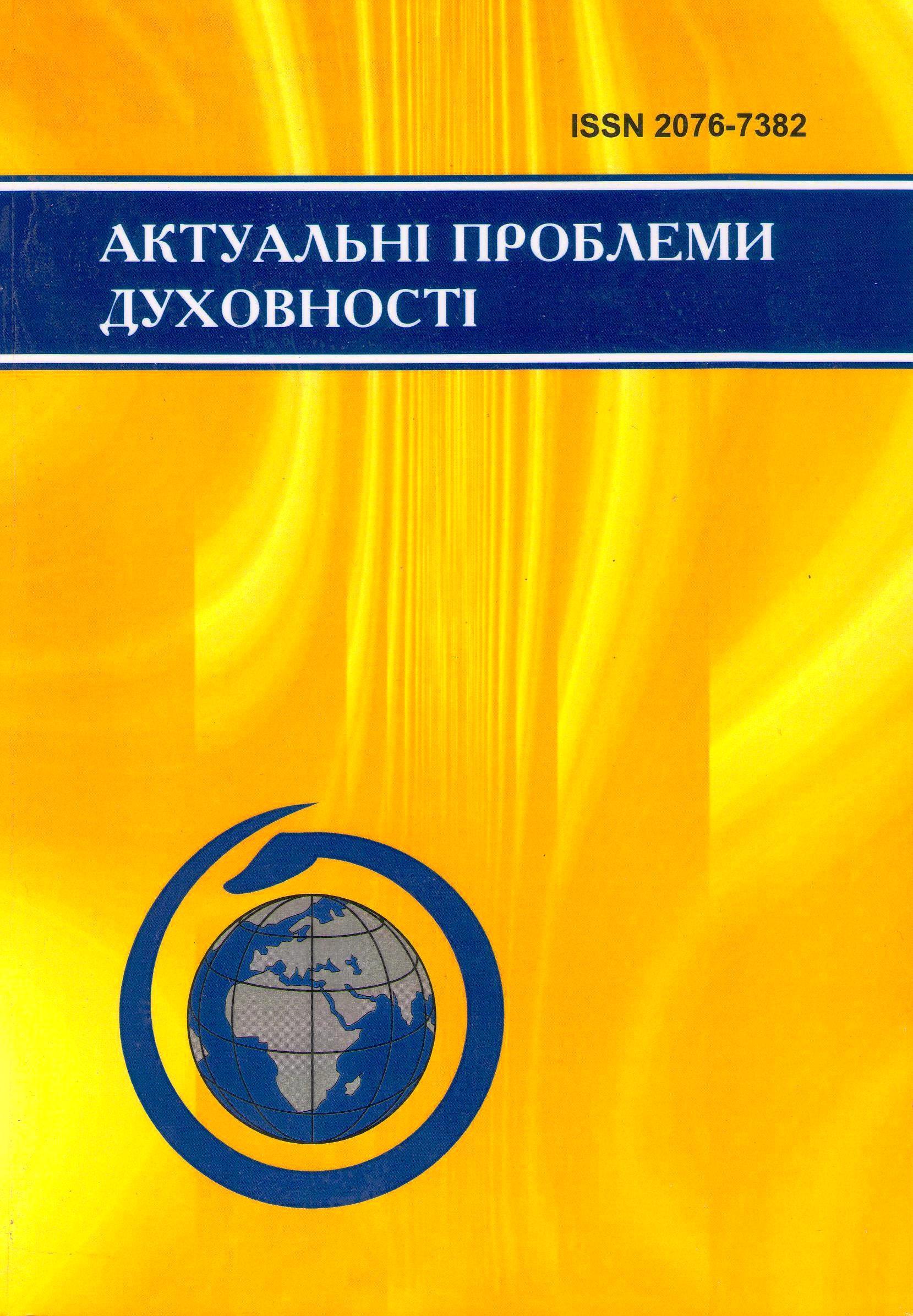National idea, national identity and historical narrative of cultural convergence
DOI:
https://doi.org/10.31812/apd.v0i22.4528Keywords:
philosophy of history, historiography, historical narrative, national historical narrative, national identity, national idea, creedal national identity, frontier, cultural convergence, cultural diversity, democracyAbstract
Modern Ukraine is one of the oldest and richest European cultural traditions in the political, ethnic, religious and civilizational senses. The lack of an uninterrupted statehood tradition, the colonial status of Ukrainian lands as parts of other states has not only negative consequences (distrust of state authorities, institutional weakness of the Ukrainian state, the outflow of the most talented and active part of the population to the centers of former empires, different historical memory, different political and socio-economic development, weakness of civil society) but also positive consequences: it is life and survival experience of intercultural and interreligious communication and interaction. As a result, we — modern Ukrainians — have the cultural and political choice, we can freely choose what kind of state and country we want to build, using our difficult past as a very useful resource for further development. The national idea of the Ukrainian nation should be the idea of protecting equal rights and freedoms of a free human being in a free country. Every modern Ukrainian can combine his national-political identity of the Ukrainian with his or her ethnic identity without contrasting them. So, we can talk about Ukrainians, Ukrainians of the Crimean Tatar — Hungarian — Polish — Russian — Belarusian — German — Bulgarian — Greek ancestry etc. The lack of a unified “canonical” national historical narrative should be reconsidered as our advantage. It allows us to construct a national historical narrative on contemporary principles as a historical narrative of cultural convergence (interaction), which could be more relevant to the current trends in world development towards greater openness and inclusiveness. Ukraine represents a case of a national culture with extremely permeable (transparent) frontiers, and it corresponds to postmodern political developments. Therefore, the “weaknesses” of Ukrainian history (as historiography) should be rethought as the “strengths” for a new historiography.
Downloads
References
Anderson B. Uiavleni spilnoty. Mirkuvannia shchodo pokhodzhennia y poshyrennia natsionalizmu. Kyiv : Krytyka, 2001.
Helner E. Natsii ta natsionalizm. Natsionalizm. Kyiv : Takson, 2003.
Hrytsak Ya. Narys istorii Ukrainy. Formuvannia modernoi natsii ХIХ–ХХ stolittia. Kyiv : Yakaboo Publishing, 2019.
Kappeler A. Mala istoriia Ukrainy. Kyiv : K.I.S., 2007.
Kasianov H. Past Continuous: istorychna polityka 1980-kh — 2000-kh. Ukraina ta susidy. Kyiv : Laurus, Antropos-Lohos-Film, 2018.
Liotar Zh.-F. Sytuatsiia postmodernu. Filosofska i sotsiolohichna dumka. 1995. No 5-6. S. 15-38.
Mishalova O. V. Naratyvna tolerantnist: vykhid iz labiryntu natsionalnykh istorychnykh naratyviv. Aktualni problemy dukhovnosti : zb. nauk. prats. Kryvyi Rih : KDPU, 2019. Vyp. 20. S. 46-71.
Plokhii S. Brama Yevropy. Istoriia Ukrainy vid skifskykh voien do nezalezhnosti. Kharkiv : Knyzhkovyi klub Klub simeinoho dozvillia, 2016.
Plokhii S. Putivnyk v istoriiu Ukrainy. Zbruch. 2018. vid 26.09. (Publikatsiiu pidhotuvav A. Hrynykha). URL: https://zbruc.eu/node/83241
Toffler E. Tretia khvylia. Kyiv : Vydavnychyi dim Vsesvit, 2000.
Fukuiama F. Identychnist. Potreba v hidnosti y polityka skryvdzhenosti. Kyiv : Nash Format, 2020.
Shporliuk R. Ukraina: vid imperskoi okrainy do nezalezhnoi derzhavy. Formuvannia modernykh natsii: Ukraina — Rosiia — Polshcha / R. Shporliuk. Kyiv : Dukh i Litera, 2016. S. 428-464.
Shporliuk R. Ukraina pislia 1994: dylemy derzhavotvorennia. Formuvannia modernykh natsii: Ukraina — Rosiia — Polshcha / R. Shporliuk. Kyiv : Dukh i Litera, 2016. S. 482-500.
Anderson B. Imagined Communities. Reflection on the Origin and Spread of Nationalism. London, New York : Verso, 2006.
Gellner E. Nations and Nationalism. Ithaca, New York : Cornell University Press, 1983. P. 673.
Hugen M. von Does Ukraine Have a History. Slavic Review. 1995. Vol. 54. No 3 (Autumn). P. 658.
Lyotard J.-F. The Postmodern Condition: A Report on Knowledge. Theory and History of Literature. Vol. 10. Minneapolis : University of Minnesota Press, 1984.
Toffler A. The Third Wave. New York : William Morrow and Company, 1980.
Downloads
Published
Issue
Section
License
Copyright (c) 2021 Олена Мішалова

This work is licensed under a Creative Commons Attribution 4.0 International License.





